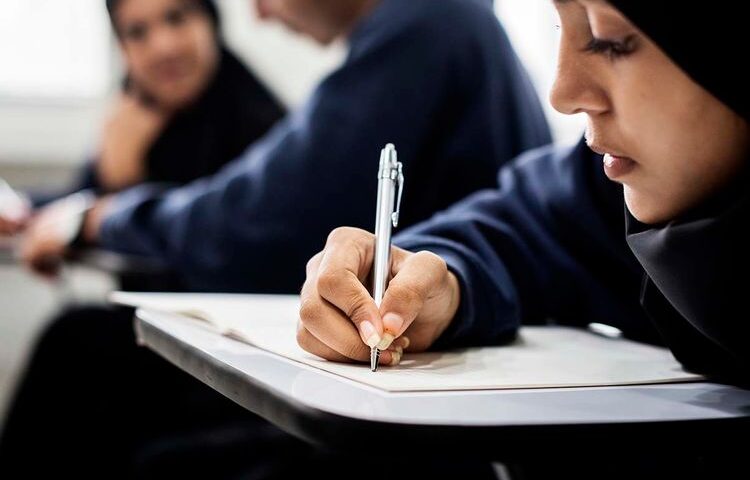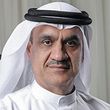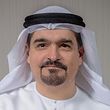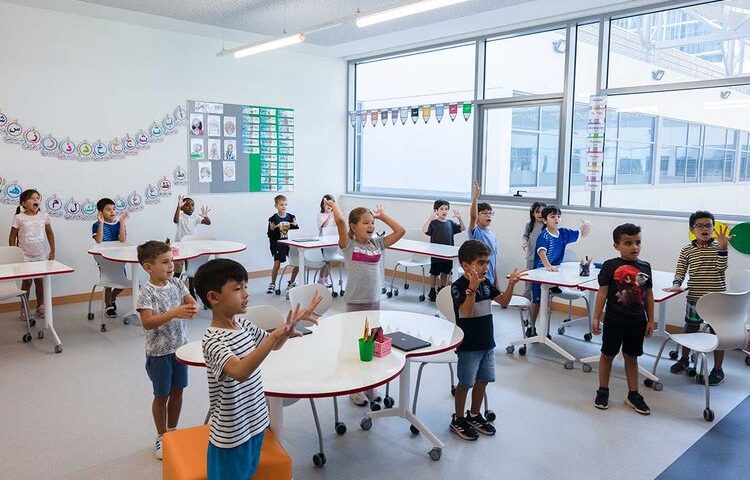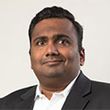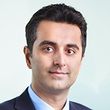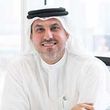Three themes outlined in Knowledge Fund Establishment’s Strategic Plan 2023-2025.
The Knowledge Fund Establishment in Dubai today launched its Strategic Plan 2023-2025 focused on further enhancing the emirate’s status as a leading hub for knowledge investments in the region.
The Plan revolves around three main themes: investment portfolio sustainability, educational asset allocation and educational initiatives management.
Under the first theme of investment portfolio sustainability, the Establishment aims to develop an investment portfolio that helps enhance the sustainability and diversification of investment sources. The investment portfolio will support educational initiatives in the emirate and help develop its educational system.
Under the second theme of educational asset allocation, the Establishment seeks to enhance investment opportunities in the education and knowledge sector and further attract investors from around the world. The Establishment seeks to create a compelling value proposition for investments in the emirate’s educational assets, including lands and facilities designated by the government to meet the education sector’s needs and achieve the emirate’s strategic objectives.
Under the third theme of the new strategy of educational initiatives management, the Establishment seeks to establish a competitive educational environment that encourages creativity and innovation and enables various segments of the community – including students, parents, and teaching staff – to benefit from the unmatched opportunities offered through the educational initiatives and projects that the Establishment is a part of, including Dubai Schools and the Mohammed Bin Rashid Distinguished Students Programme.
Avenues for growth
Ahmed Abdul Karim Julfar, Chairman of the Knowledge Fund Establishment, said: “The Knowledge Fund Establishment’s new strategy is in line with the vision and aspirations of His Highness Sheikh Mohammed bin Rashid Al Maktoum, Vice President and Prime Minister of the UAE and Ruler of Dubai, and the directives of His Highness Sheikh Hamdan bin Mohammed bin Rashid Al Maktoum, Crown Prince of Dubai and Chairman of The Executive Council of Dubai, to further enhance the emirate’s educational sector and boost its competitiveness.
He added: “To achieve this, we strive to enhance knowledge and educational investment opportunities, develop a sustainable investment portfolio, and harness its revenues to support the growth of the education sector in the emirate.”
Abdulla Mohammed Al Awar, CEO of the Knowledge Fund Establishment, said: “Since its establishment in 2007, the Knowledge Fund Establishment has worked to fulfil the goals of the leadership to create a robust educational environment that supports the growth of the knowledge economy. With the launch of our new Strategic Plan, we will collaborate with our partners in the government and private sectors to enhance the positive impact of educational initiatives and projects designed to raise the capabilities of all segments of Dubai’s.
He added: “Based on our participatory approach, we are keen to involve all stakeholders in the process of developing the new strategy and designing initiatives and projects. We firmly believe in the importance of engaging these parties, who are a central part of the new Strategic Plan. We look forward to working with all of our partners to implement its objectives.”

